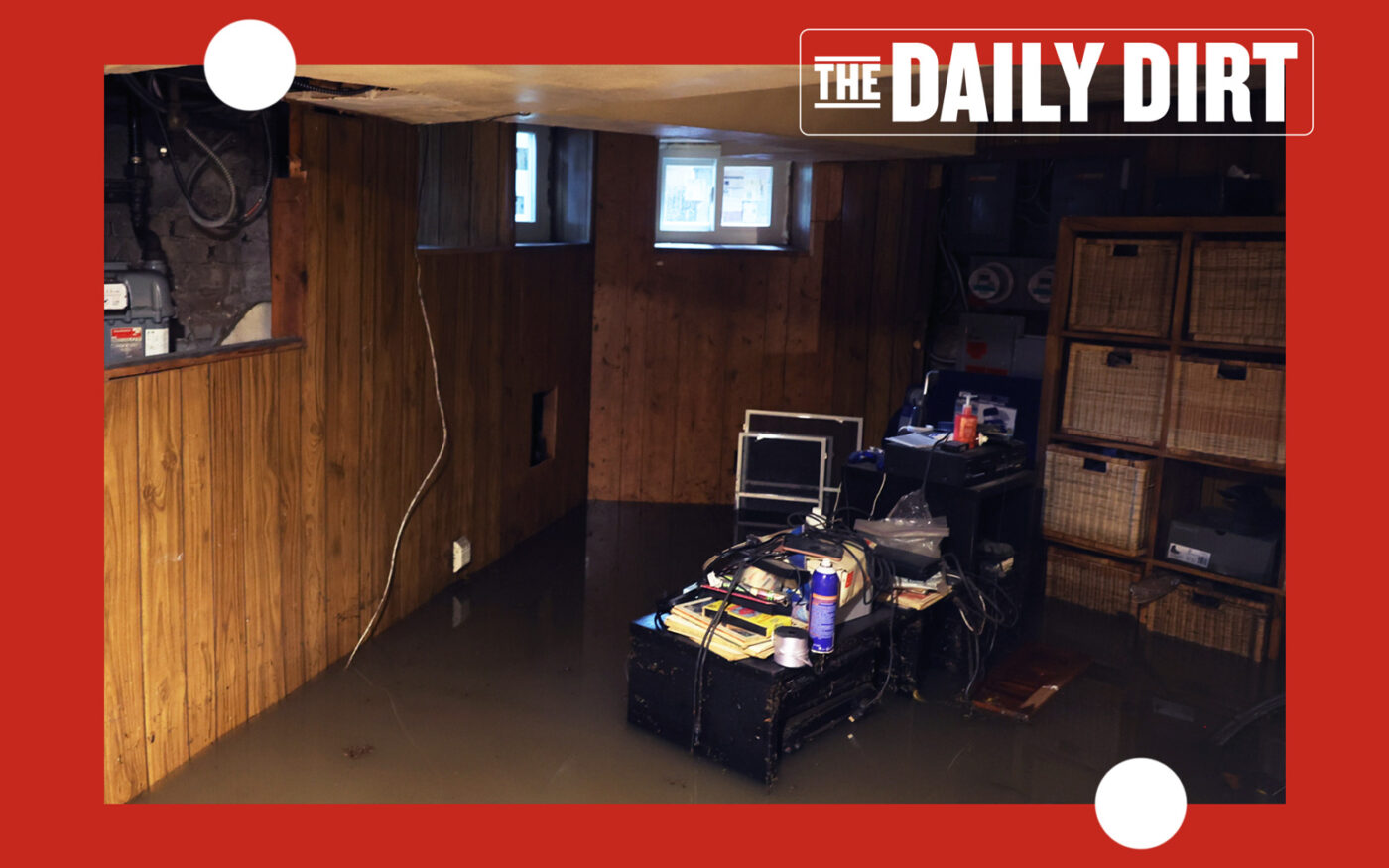New York still hasn’t figured out how to make hazardous basement apartments safe.
Two years ago, floods killed 11 people in basement apartments. The deaths inspired conversations about improving and legalizing such apartments, but proposed legislative solutions fizzled out.
In January, the Adams administration testified that only five of the 800 apartment owners who expressed interest in a basement apartment pilot program in East New York ultimately participated. The cost of converting these units — in some cases jacked up by the state’s multiple dwelling law — deterred many owners from moving forward. These renovations can cost tens of thousands of dollars.
As part of his Zoning for Housing Opportunity text amendment, Mayor Eric Adams has promoted changes to allow for accessory dwelling units, including some basement apartments. However, those changes still do not address things like ceiling height and other rules that are typically barriers to converting subterranean units.
Anytime New York City experiences severe flooding, I can’t help but think of residents at risk in these apartments. I also can’t help but think that state lawmakers have repeatedly pitched creating a pathway for legalizing apartments — even by simply giving the city the authority to take action — and then failed to do so.
In response to last week’s flooding, the BASE Coalition admonished city and state leaders for their inaction on the issue.
”As New York City continues to face concurrent housing and climate crises, basement apartments remain a vital source of affordable housing for New Yorkers. Yet in the two years since Hurricane Ida’s deadly floods, Albany has refused to move legislation that would allow New York City to convert safe basement and cellar apartments,” the group said in a statement.
Creating an amnesty program for basement apartments would also give the city a better idea of where illegal apartments are, and could help protect residents when dangerous weather is forecast.
I don’t mean to oversimplify this problem: Obviously converting these units is complicated and risks displacing tenants while renovations are underway and later if the legalized units cannot accommodate the same number of residents. And passing legislation won’t change things for basement residents overnight.
But last week’s flooding, and the inevitability of future severe weather, show that city action is long overdue, and state action on this issue is still needed.
What we’re thinking about: Do you think the Supreme Court will agree to hear one of the remaining challenges to New York’s rent law? Send a note to kathryn@therealdeal.com.
A thing we’ve learned: As of 2019, there were nearly 7,000 “high” streets in Britain, according to the Office for National Statistics and Ordnance Survey. These agencies defined such main thoroughfares as those that have a cluster of 15 or more retail addresses within 150 meters.
Elsewhere in New York…
— A state judge issued a gag order forbidding former President Donald Trump from commenting about court staff, Politico New York reports. The order, issued in Trump’s civil fraud trial, came after Trump posted messages on social media about Justice Arthur Engoron’s clerk, Allison Greenfield. “Personal attacks on members of my court staff are unacceptable, inappropriate and I will not tolerate them in any circumstances,” Engoron said.
— The governor and mayor on Tuesday announced $38 million in new state funding to provide legal services for asylum seekers. “After months of coordinated advocacy from New Yorkers, the federal government has made thousands of migrants from Venezuela newly eligible for Temporary Protected Status,” Gov. Kathy Hochul said in a statement. “Our job now is to ensure these individuals fill out all the appropriate paperwork so they can attain work authorization, find a job, and exit taxpayer-funded shelter.”
— Manhattan’s first beach just opened on the Hudson River. Gansevoort Peninsula, located in Hudson River Park, is the largest park to open in NYC since Central Park, Gothamist reports.
Closing Time
Residential: The priciest residential closing Tuesday was $5.5 million for a condo at 482 Greenwich Street in Hudson Square.
Commercial: The most expensive commercial closing of the day was $25.4 million for neighboring properties 145-52 167th Street and 165-17 146th Avenue in Jamaica that house Penske Truck Rental.
New to the Market: The priciest residence to hit the market Tuesday was a condo at 78 Irving Place in Gramercy Park asking $36 million. Official has the listing.Breaking Ground: The largest new building filing of the day was for a 9,800 square-foot, three-unit building at 5012 20th Avenue in the Mapleton neighborhood of Brooklyn. MSM Engineering Services filed the permit application. — Jay Young
